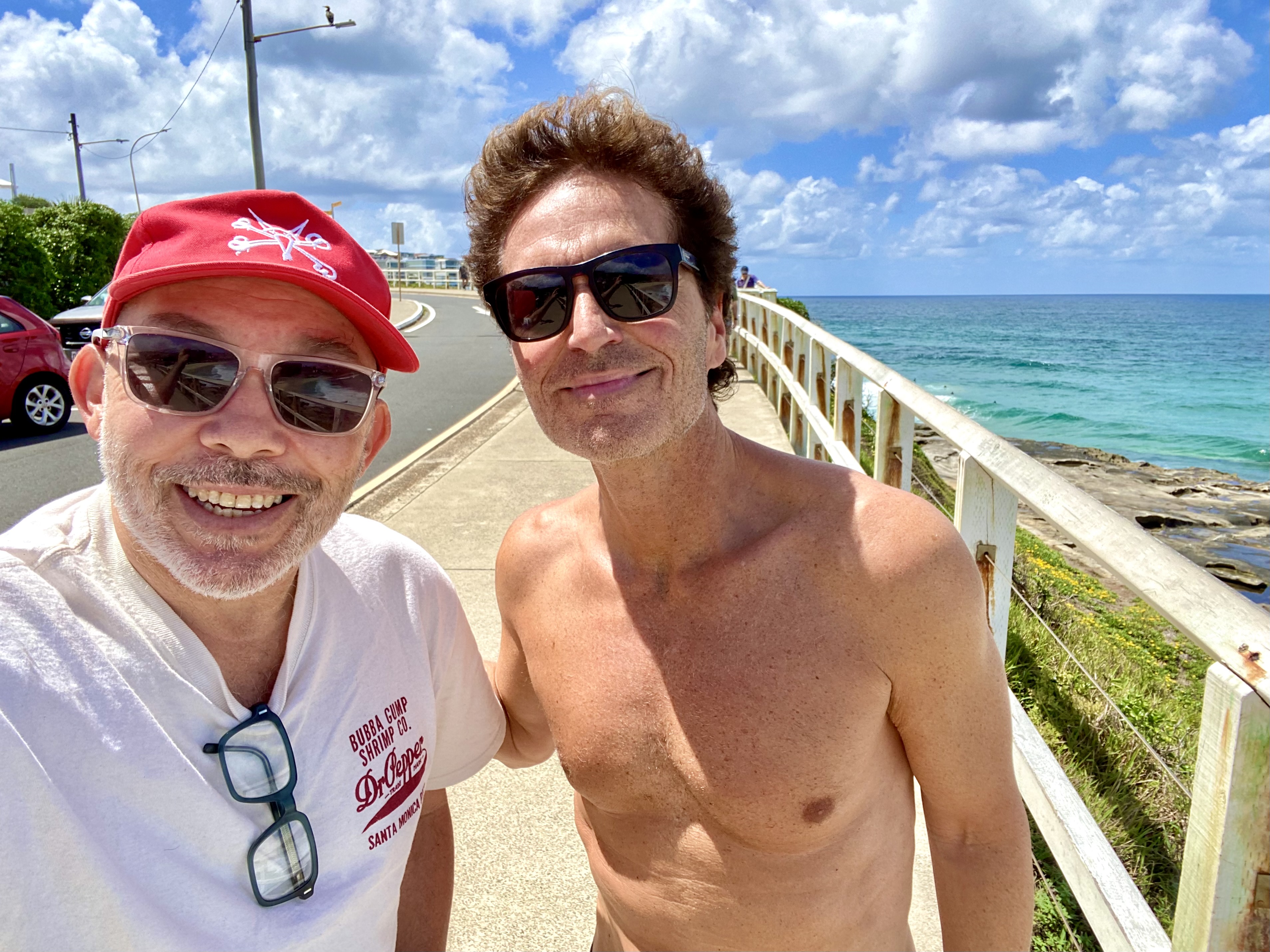
Randwick and Waverley Councils are joining forces again this summer to help reduce the record number of drownings in Australia by encouraging people to “Float to Survive”.
Float to Survive is a pilot water safety campaign launched by the two councils last December (2022) in partnership with the University of NSW (UNSW) Beach Safety Research Group (BSRG) to promote floating as the best chance of survival for swimmers who get into trouble in the water.
Float to Survive was evaluated by the head of the BSRG, Professor Rob Brander (aka ‘Dr Rip’) who found it was an easy-to-understand and well received water safety message that has public support to be promoted nationally across Australia.
Following this evaluation, the two councils are continuing to promote the Float to Survive message, in conjunction with Surf Life Saving NSW’s ‘Swim Between the Flags’ message, over summer 2023/24. Waverley Council also voted to share the results of the pilot campaign with the Federal Government for further consideration.
Randwick City Mayor, Philipa Veitch, said the two local government areas are home to some of Australia’s busiest and most dangerous beaches based on drowning risk.
“We hope that as we continue to promote Float to Survive in the community, more and more people will think about the message and be equipped to know how to respond if they do get into trouble in the water,” Mayor Veitch said.
“We want everyone to have a safe and enjoyable time at our beaches, particularly as the weather heats up and more people are visiting not only our beaches but beaches across the country.”
Mayor of Waverley, Paula Masselos, said many of the record 339 drowning deaths last year occurred at unpatrolled beaches, or out of hours, and in rivers and lakes.
“We feel it is our duty to have a strong educational presence when it comes to water safety and promoting ways to keep swimmers safe,” Mayor Masselos said.
“The “Float to Survive” and “Swim Between the Flags” messages are simple yet so powerful. We want this to be people’s mantra for summer.”
Duncan Scott, Coordinator Public Safety, Randwick City Council Lifeguard Service said:
“If you can master the skill of floating, even if you are not a good swimmer, you give yourself more time and more chance to be rescued,” Mr Scott said.
Bruce Hopkins, coordinator, Waverley Council Lifeguard Service, said: “We encourage beachgoers to speak to lifeguards if they have any concerns about surf conditions because our team’s number one priority is to help keep people safe in the water, and we appreciate that everyone’s swimming abilities are different”.
Five steps to float:
- Keep calm and control your breathing
- Lean back
- Extend your arms and legs
- Gently rotate your arms and legs in a circular motion
- Signal for help with your hand if you can.
Float to Survive was adapted from the UK’s Royal National Lifeboat Institute and promoted by Surf Educators International who sought interest from Randwick City and Waverley councils to pilot a study.










